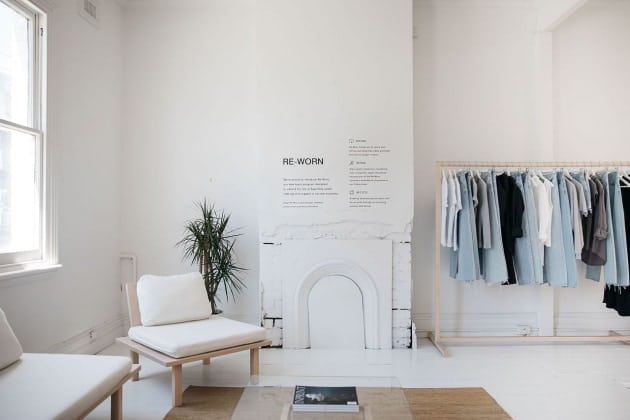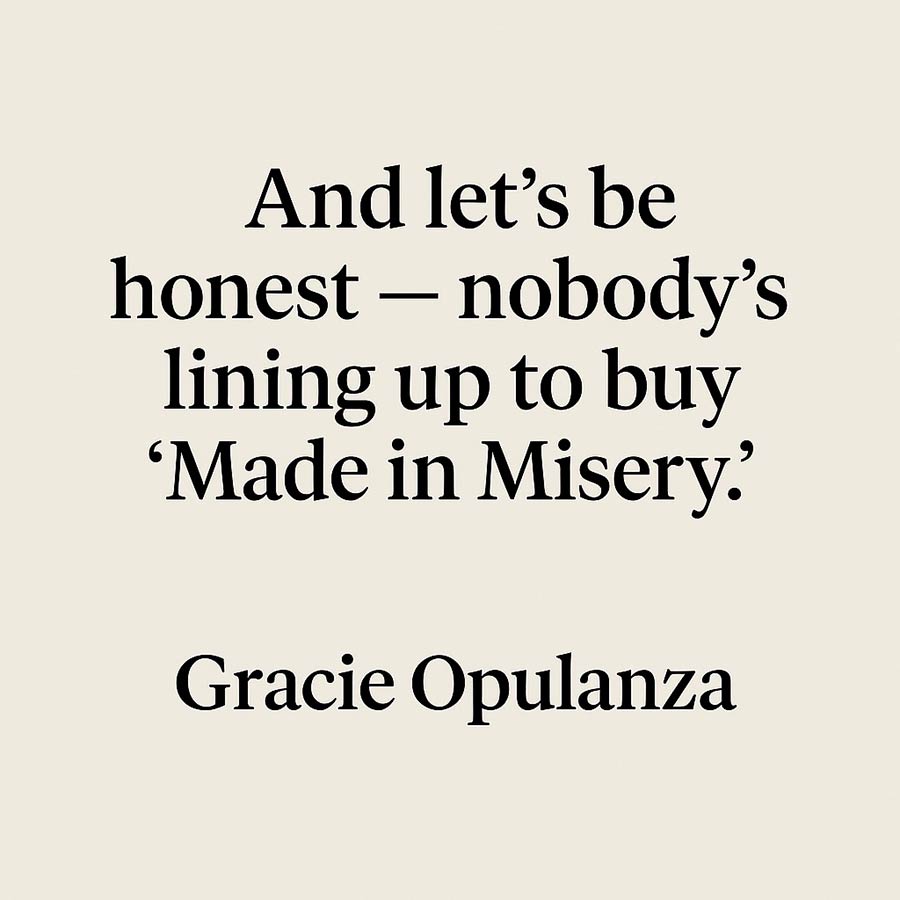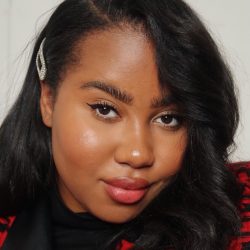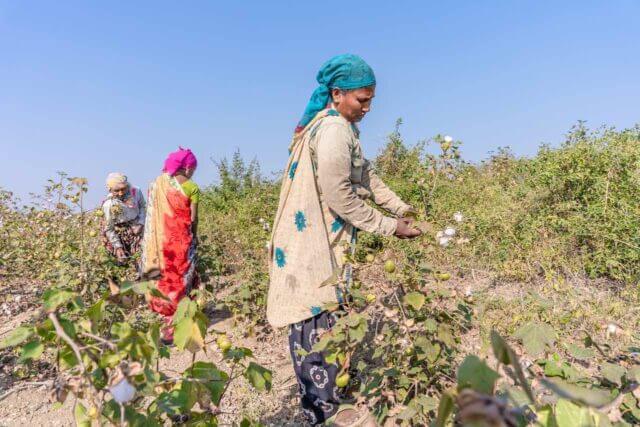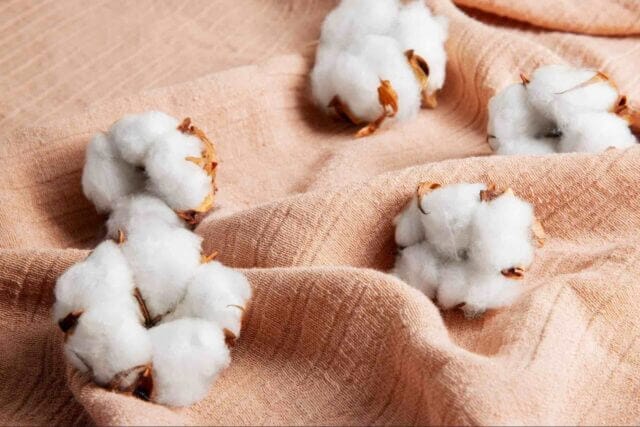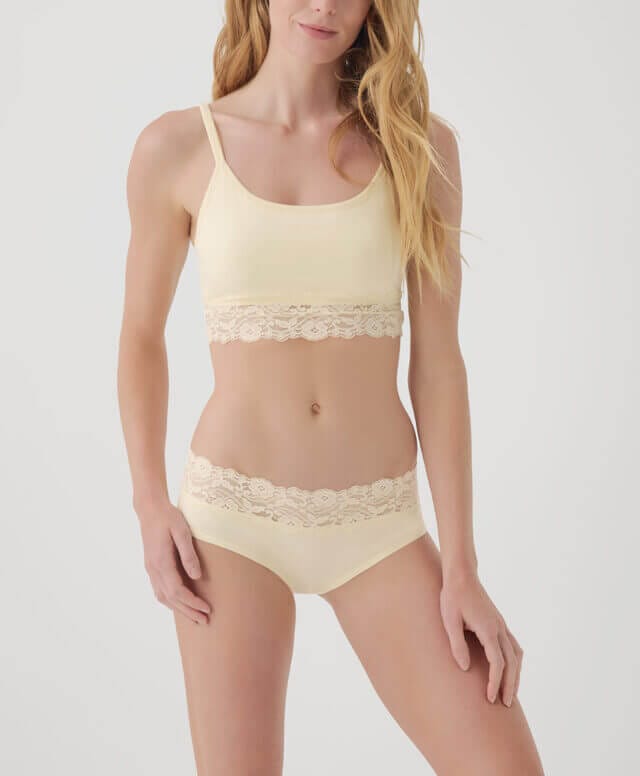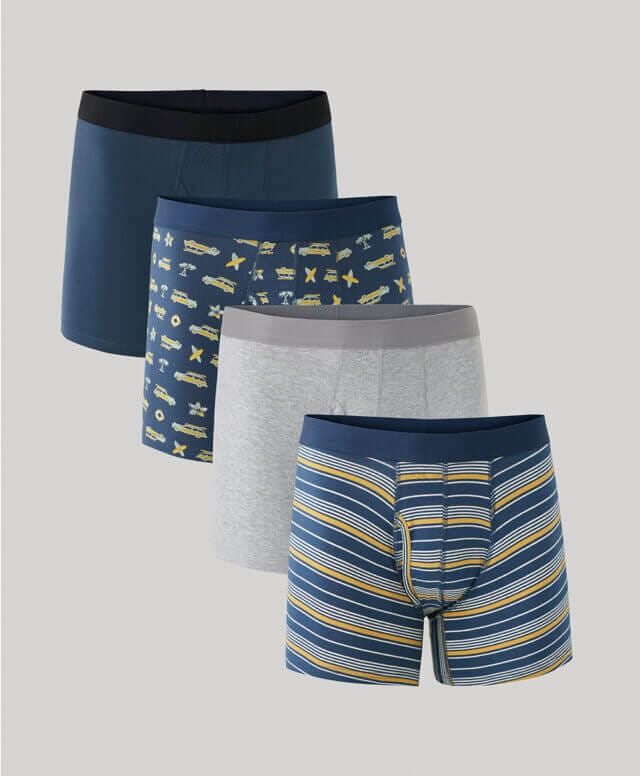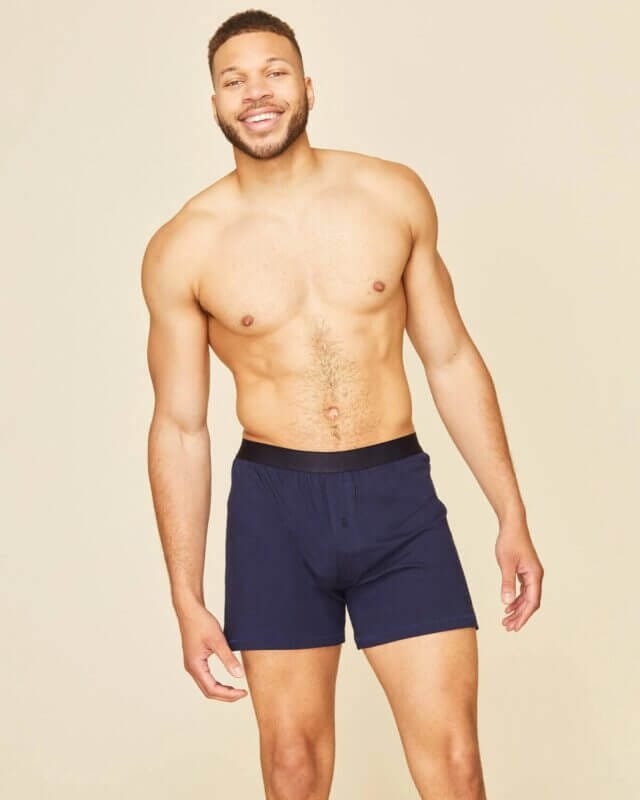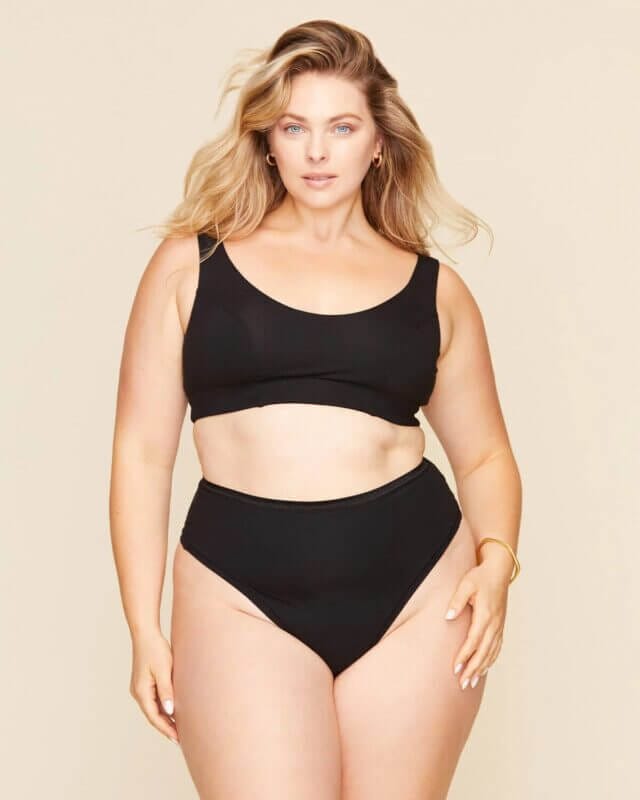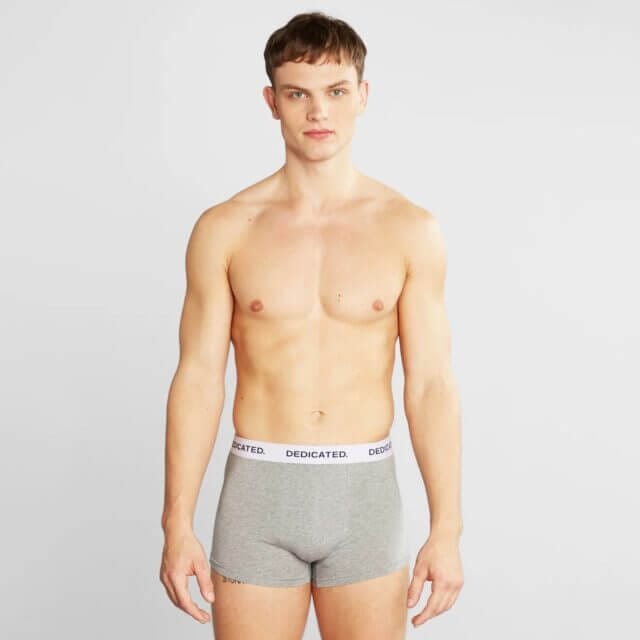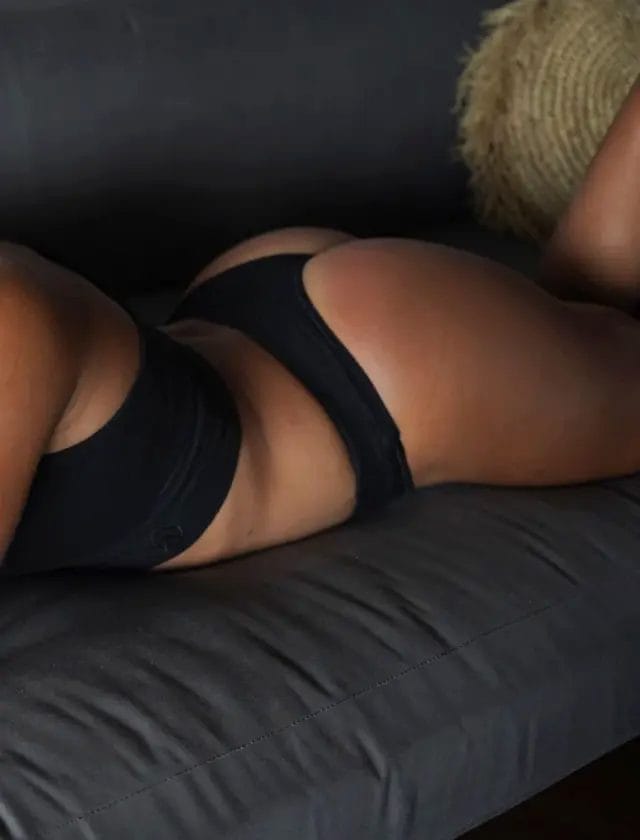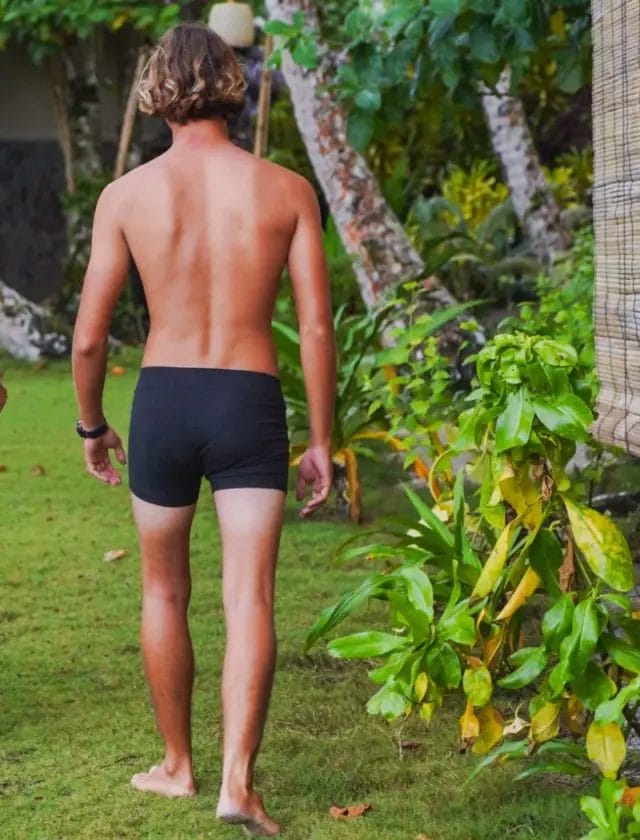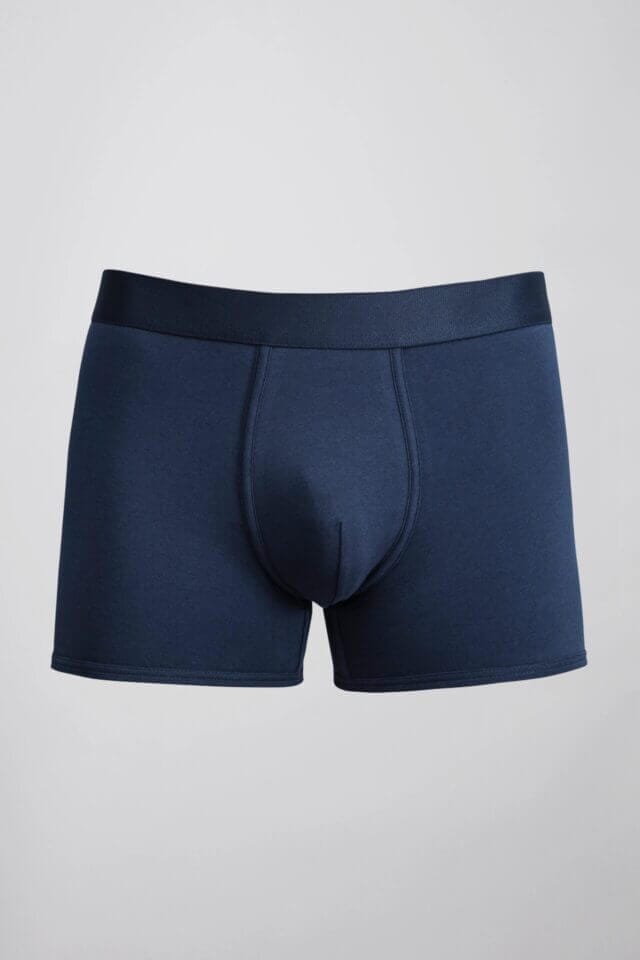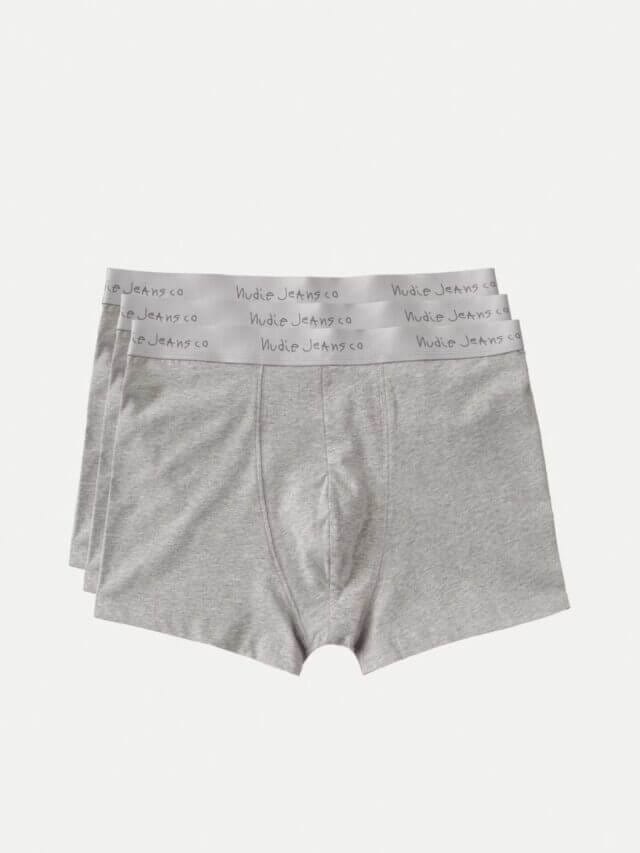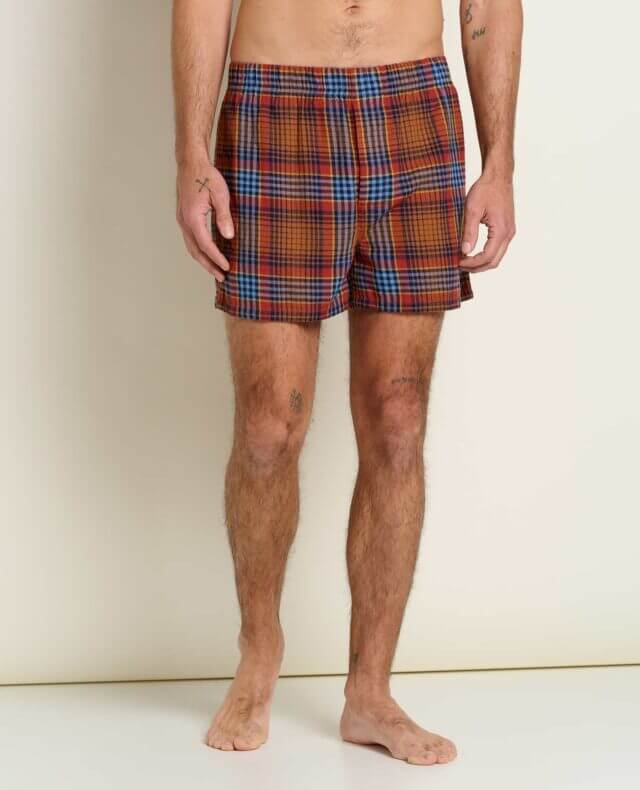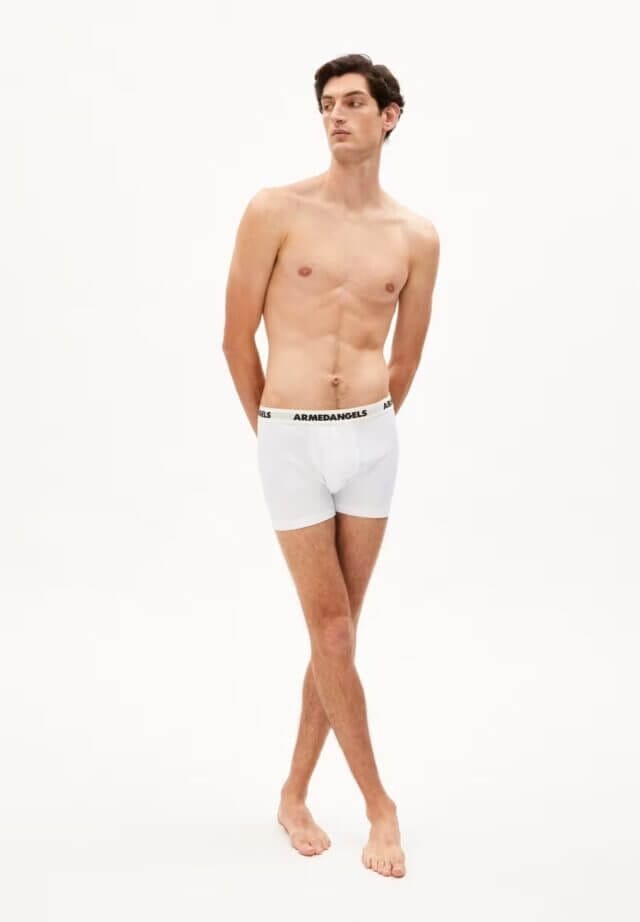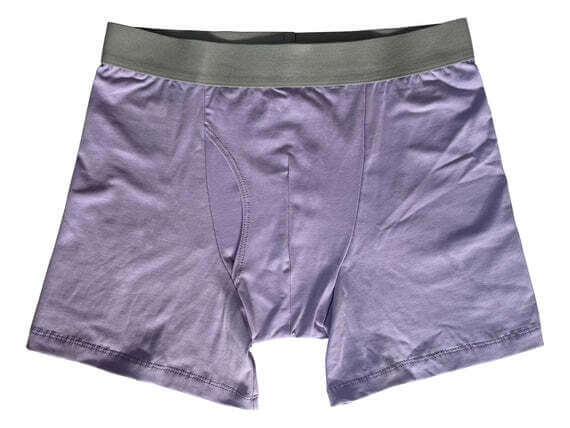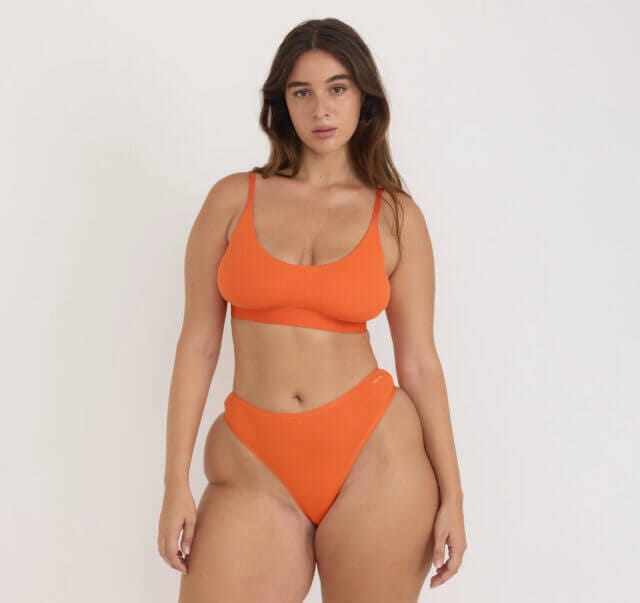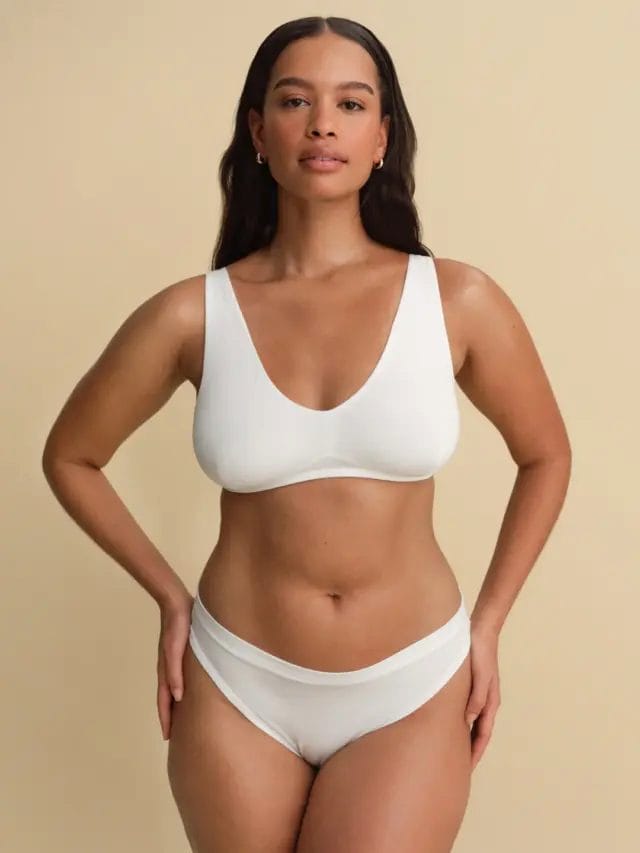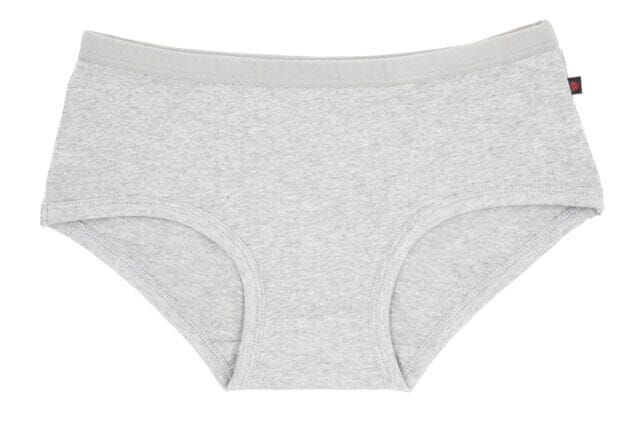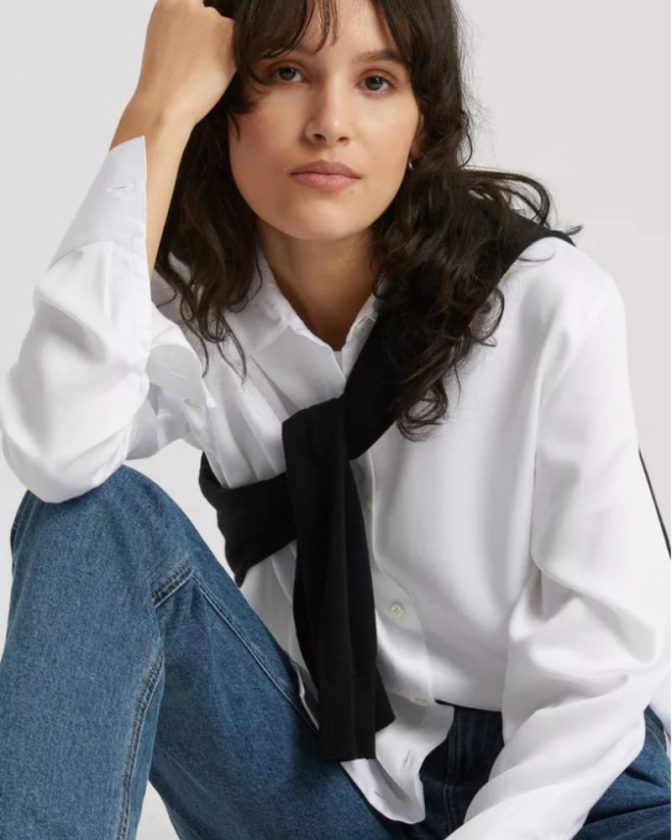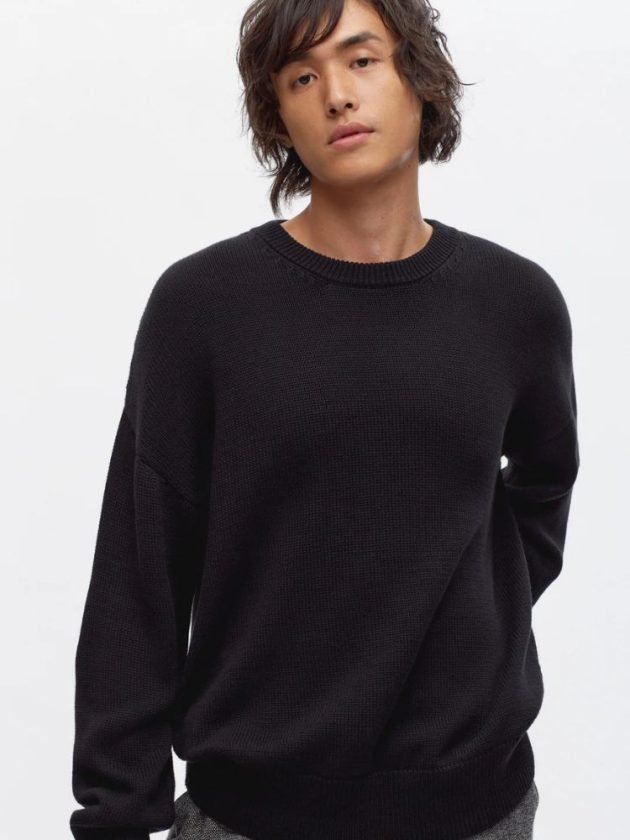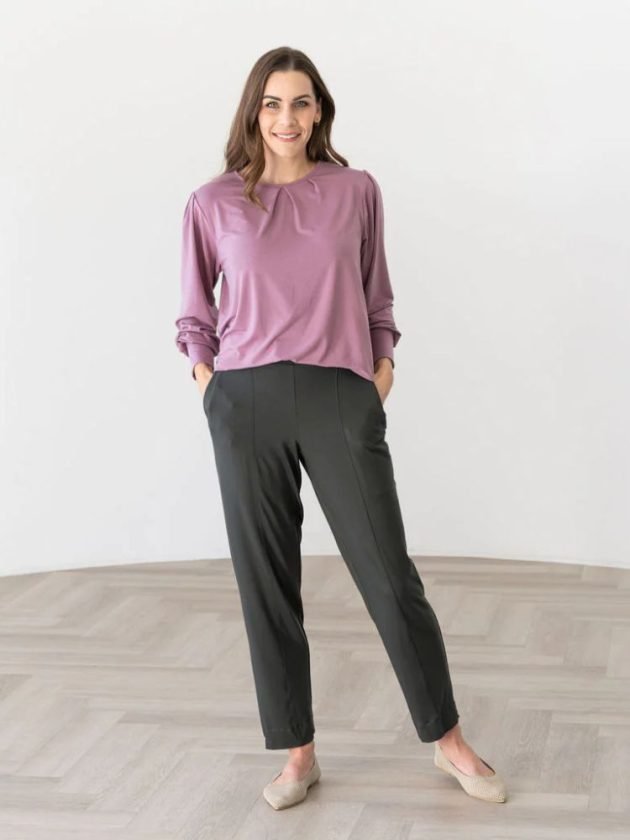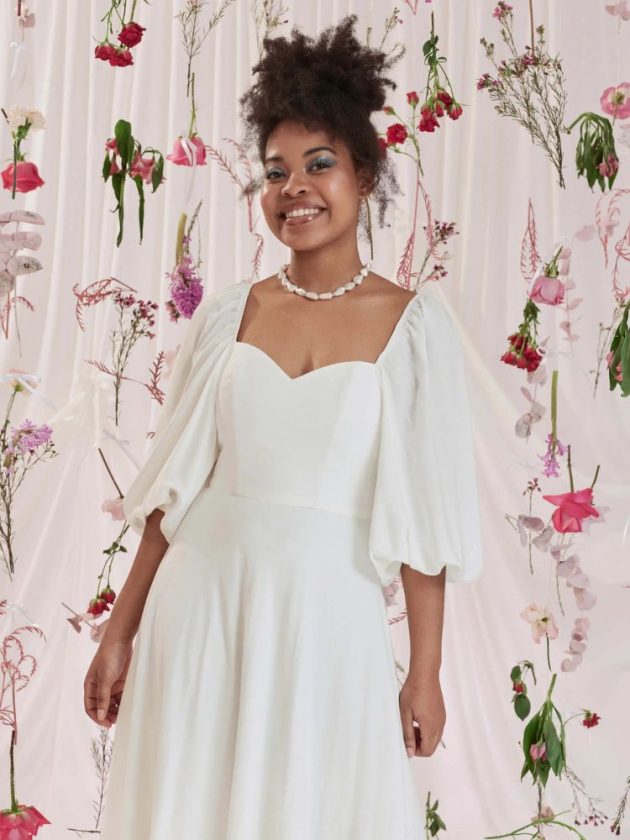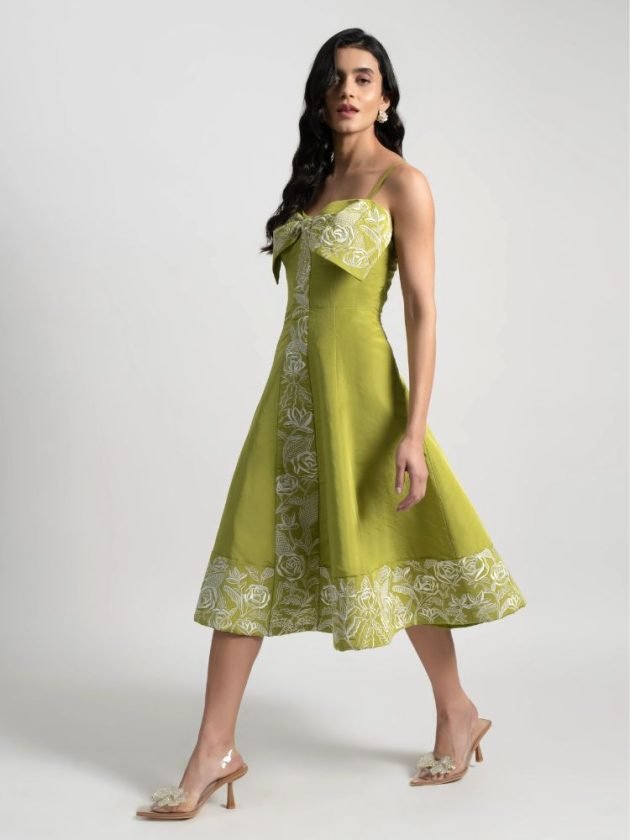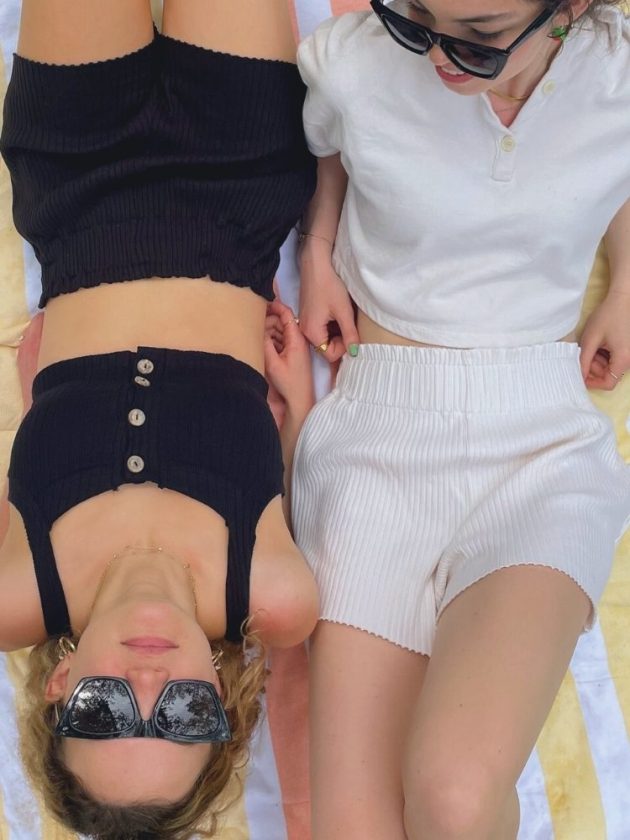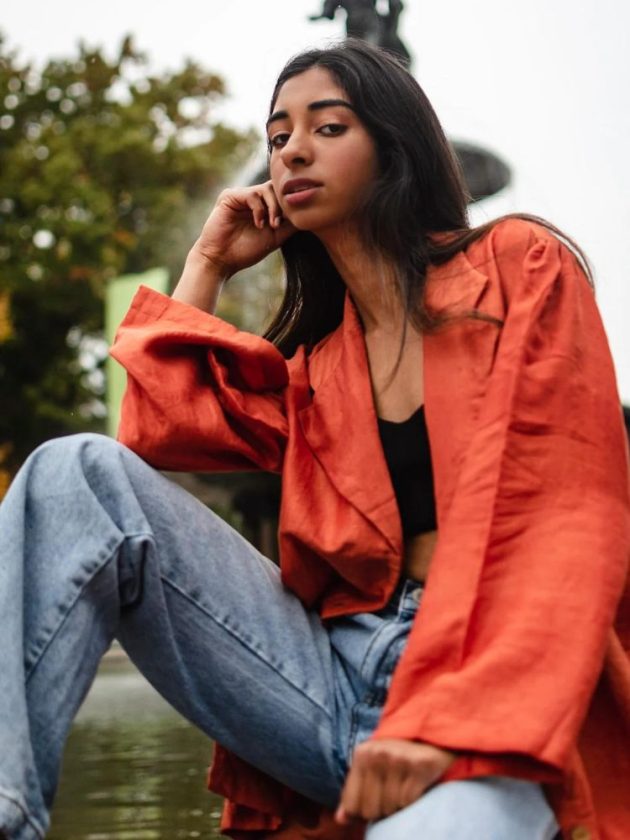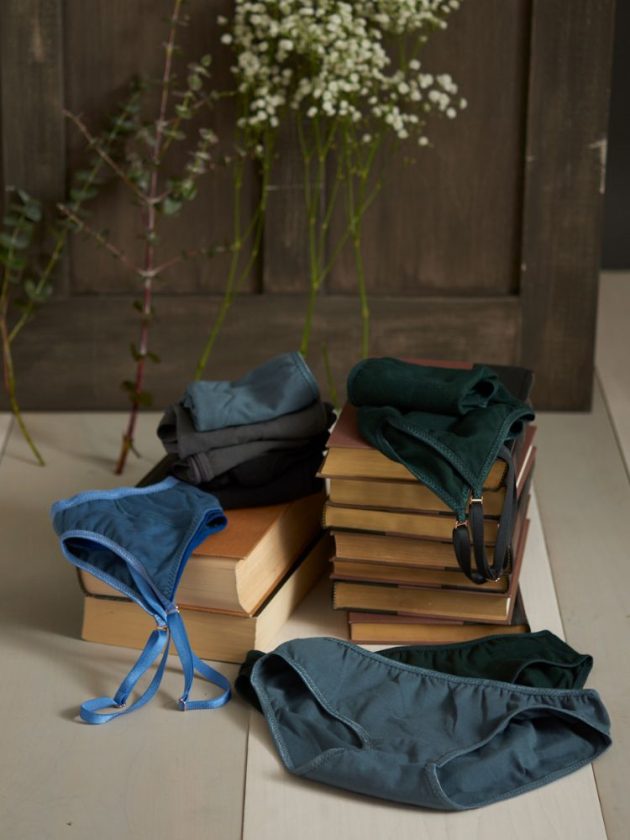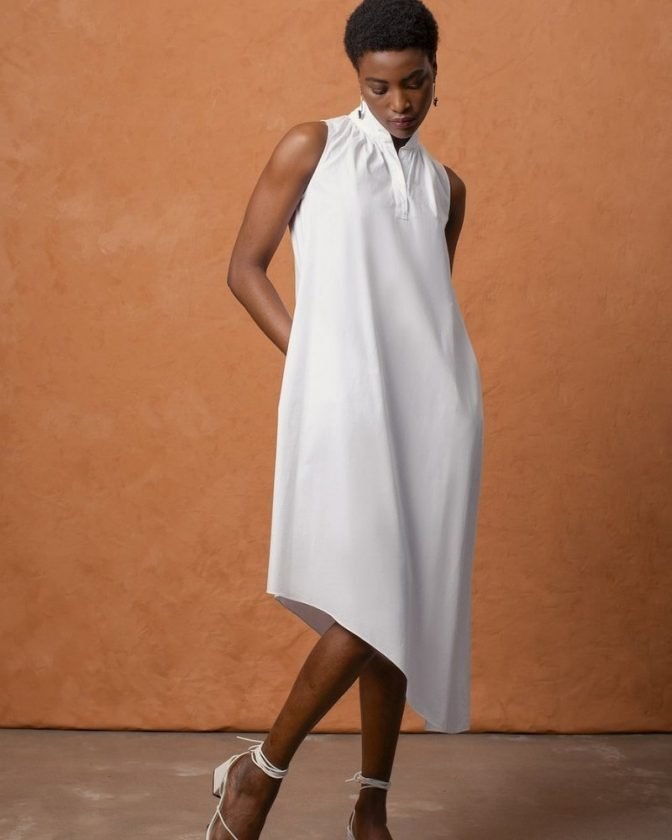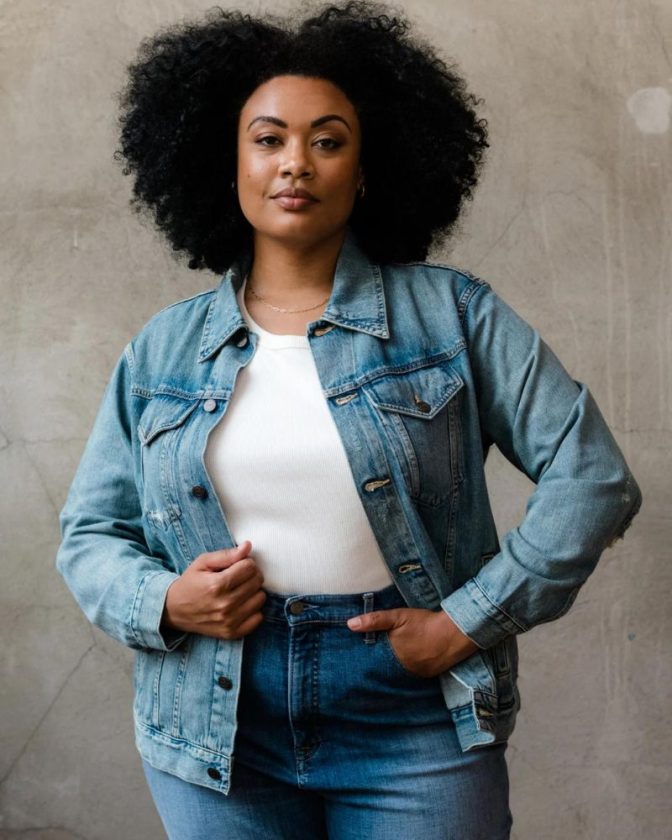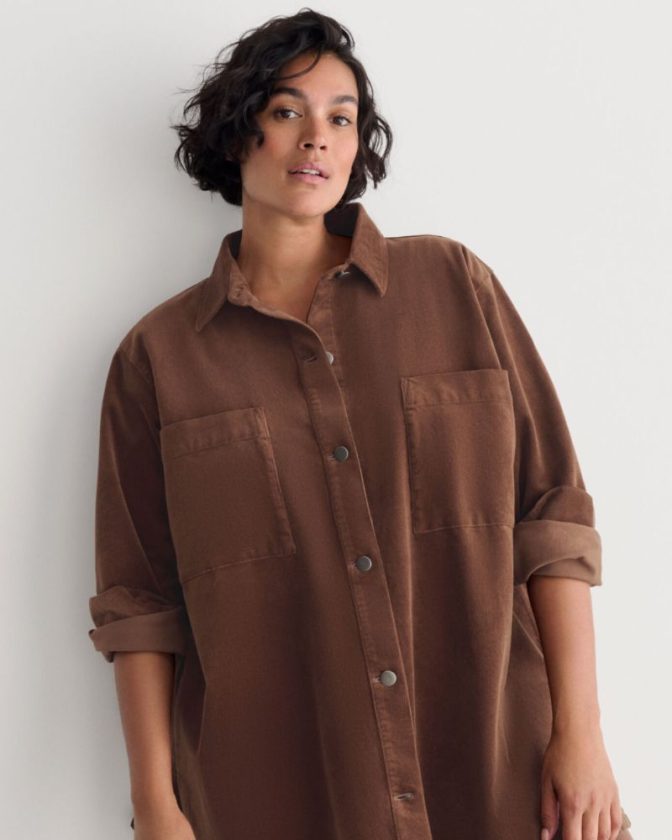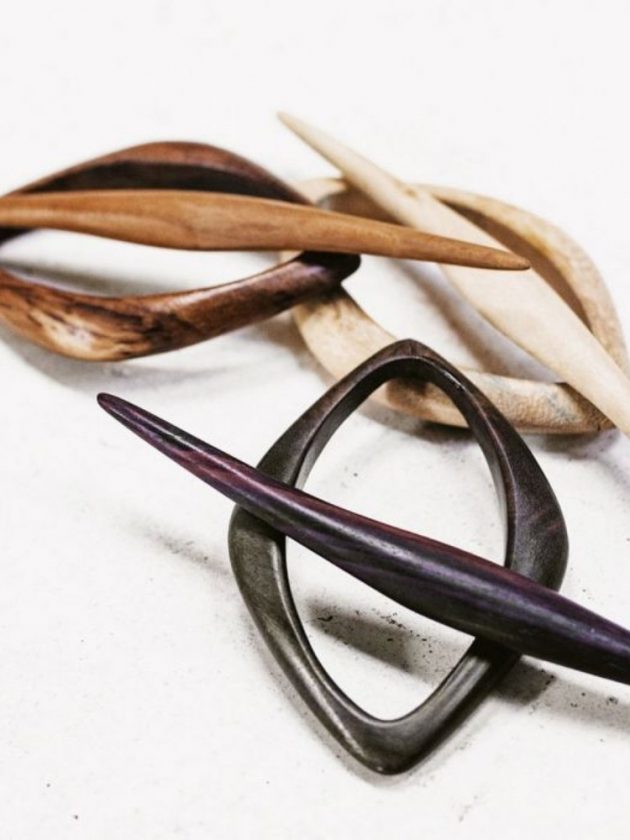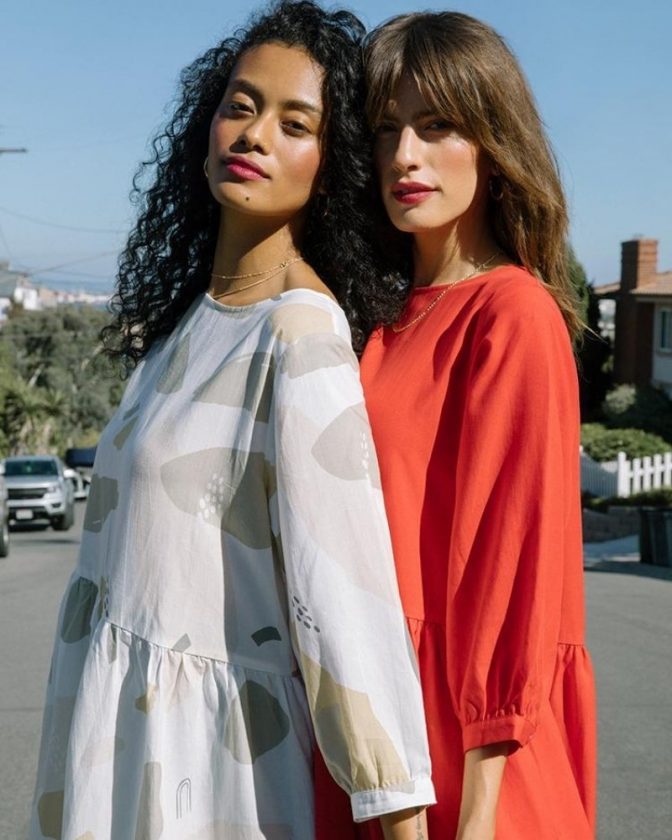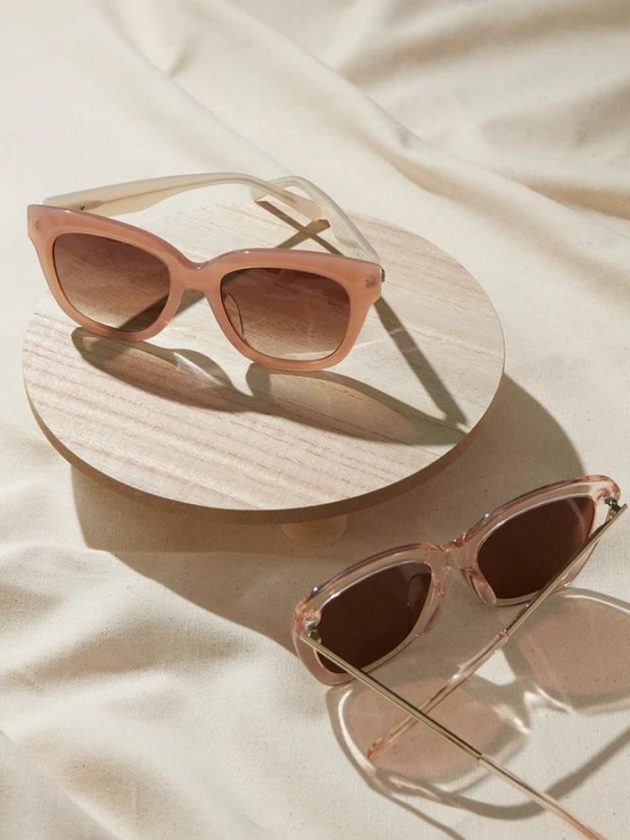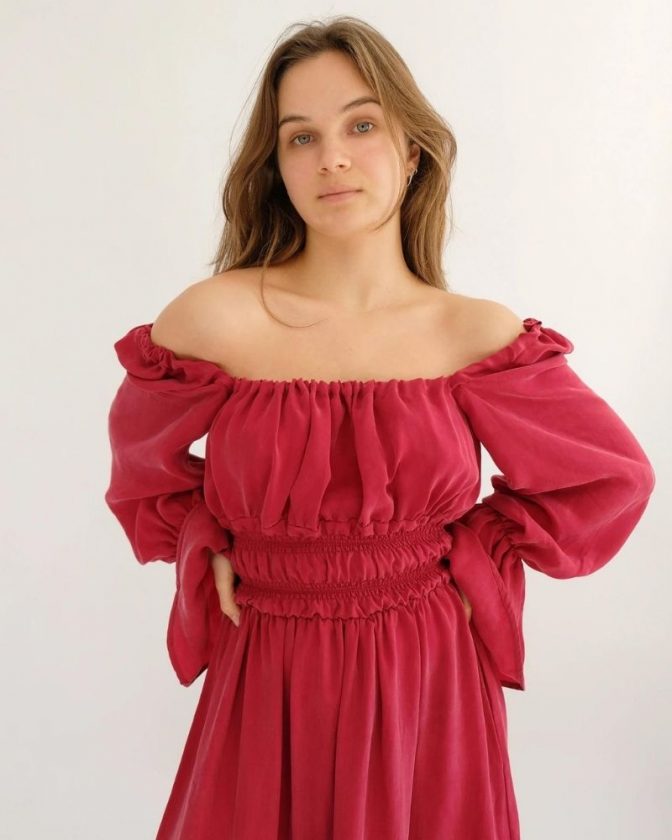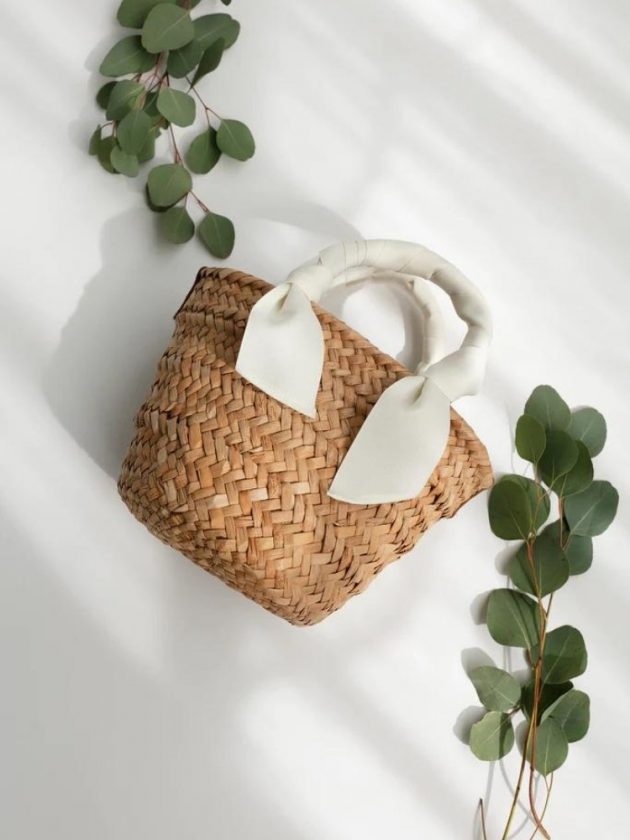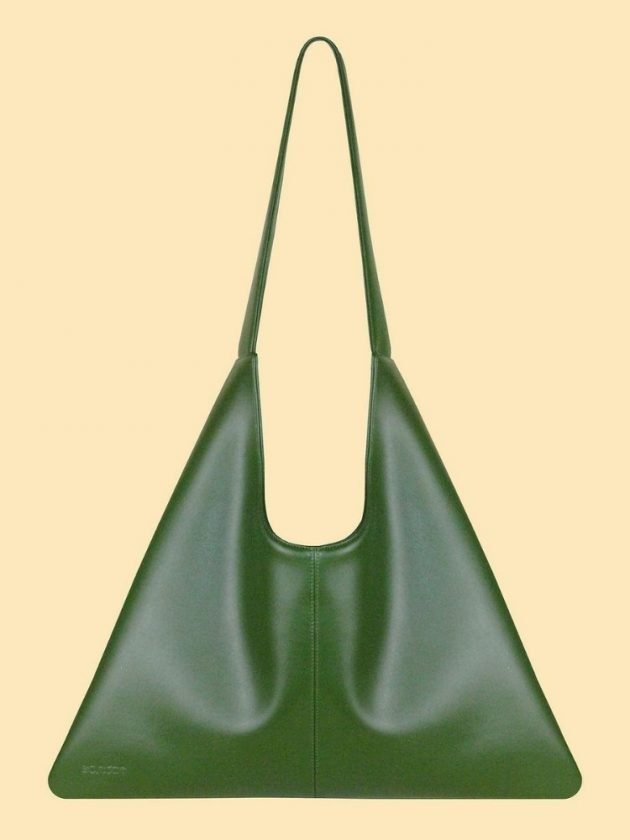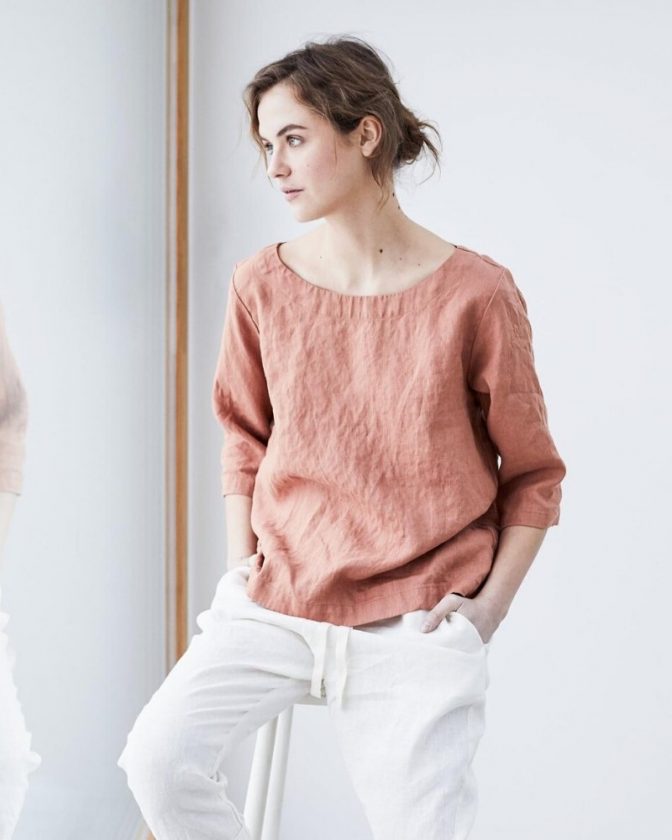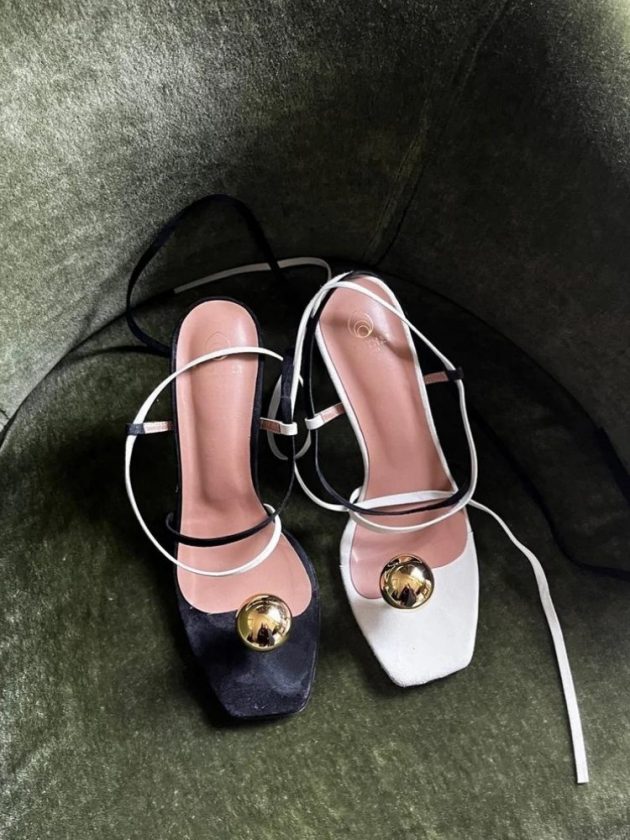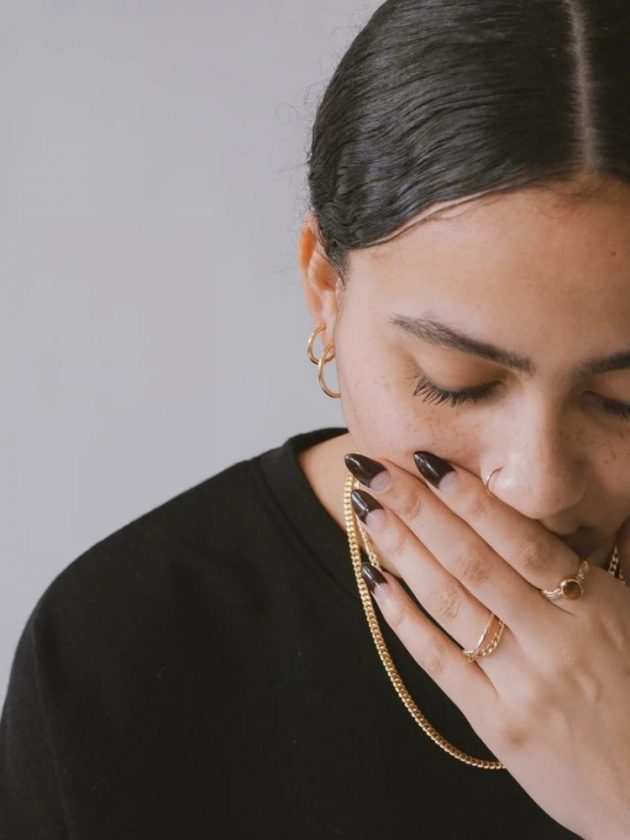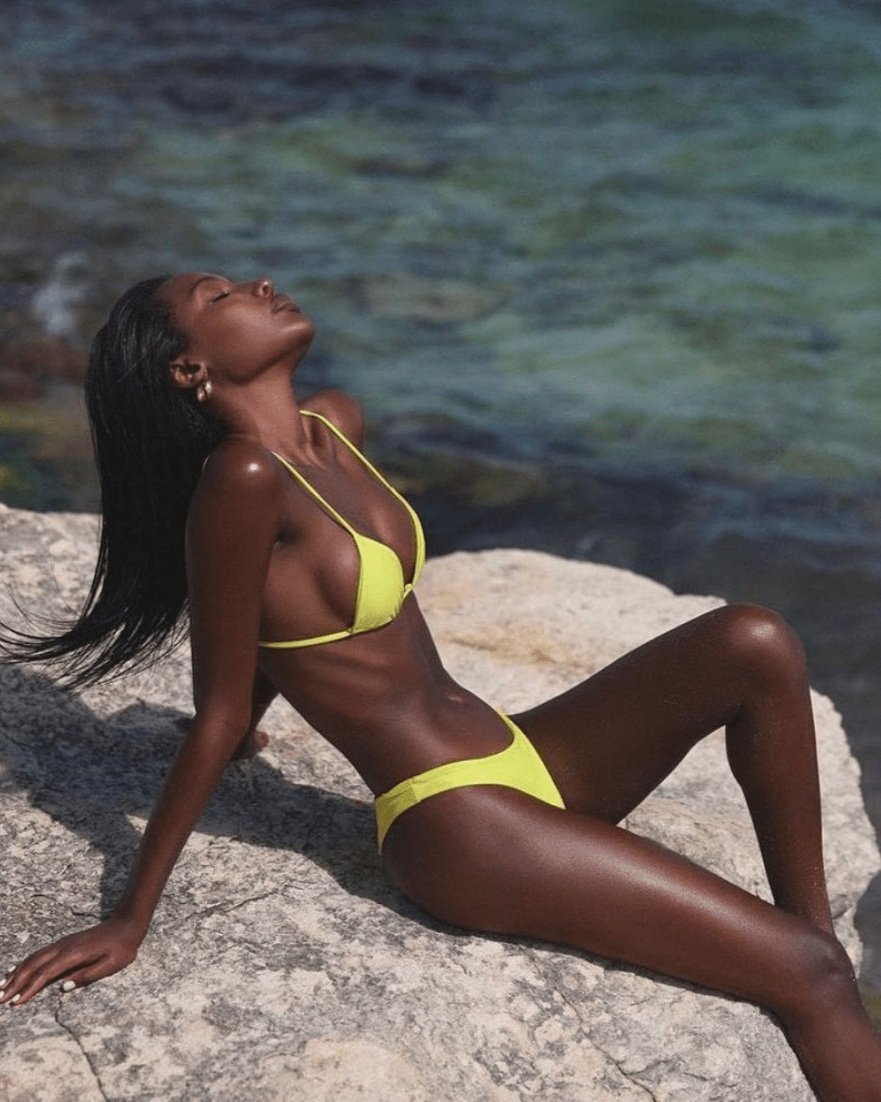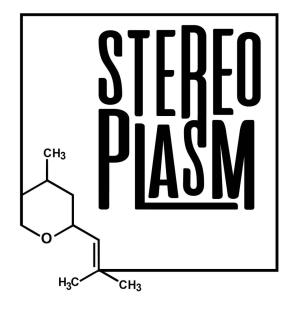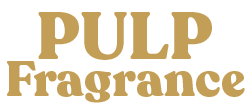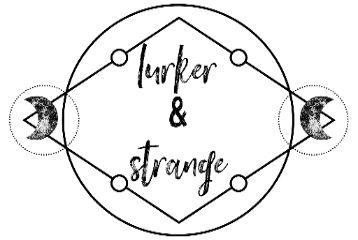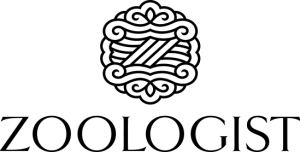Brands that will take back your old clothes to recycle
Citizen wolf Circular
Citizen Wolf doesn’t do resale (yet), but their Circular program is a solid take-back system that ensures your old custom-fit tees and staples never go to landfill. Send them back when they’re worn out, and they’ll be responsibly recycled.
Patagonia Worn Wear
Through Patagonia’s Worn Wear program, you can send in your used Patagonia clothing and gear for store credit — up to 25% of the original retail price. Items are assessed, then either resold through the Worn Wear platform or recycled if they’re no longer wearable.
You can post them in or drop them off at select stores.
RecycleSmart
RecycleSmart partners with local councils to pick up your unwanted clothing (and a bunch of other hard-to-recycle items) right from your doorstep. Book a collection through their app, leave your items out, and they’ll do the rest.
Upparel
Upparel runs a mail-in program for clothing and textile recycling. You book a collection, pack up what you’re done with — including damaged clothes, odd socks, or fabric scraps — and they sort it for reuse or recycling They’ll even send you credit to spend with partner brands.
Need a fix instead?
Plenty of these brands offer repairs too. Head to our repair directory for the full list of who’s mending what.
Know a brand we missed? Let us know — we’ll keep this list growing.
Australian fashion brands with resale or take-back programs:
- Assembly Label – Re-Worn
- Kowtow – Relove
- Spell – reSpell
- Lorna Jane – Preloved
- Nudie Jeans – Re-use
- Citizen Wolf – Circular
- Patagonia – Worn Wear
- Upparel & RecycleSmart – Clothing recycling
